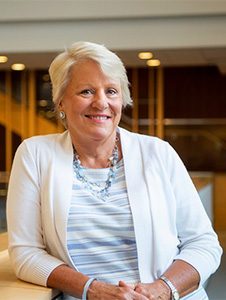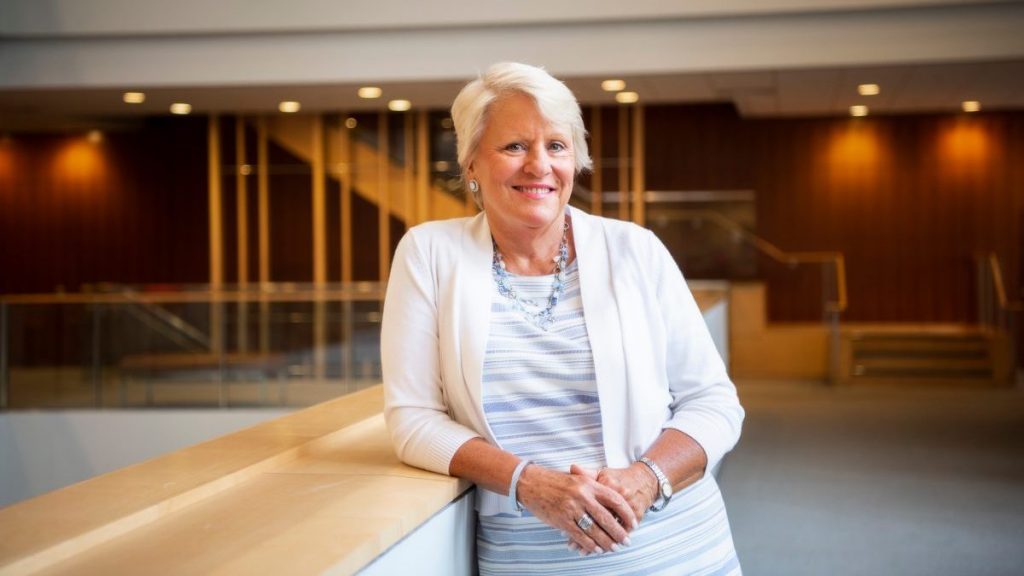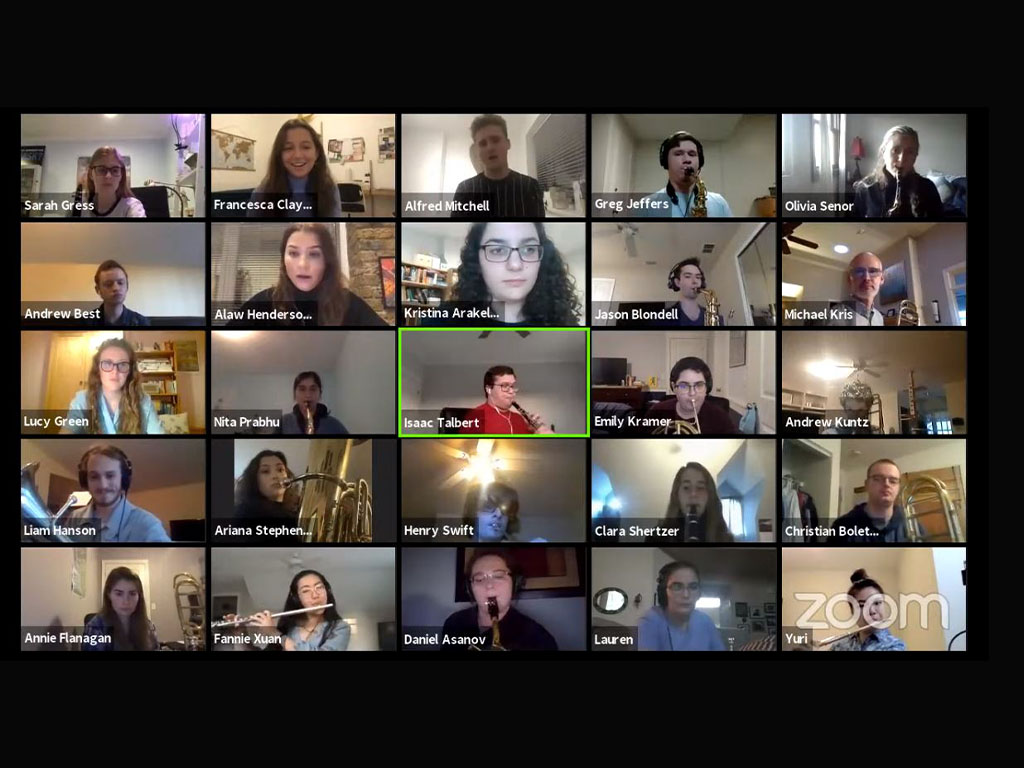Globalize
Globalize
Environmental Scan
At UNC, a leading global public research university, our researchers are leading the effort to understand both the ramifications of the COVID-19 pandemic and the characteristics of the virus itself so it can be treated, contained or prevented from recurring. Our network of partnerships around the world underpins our research capacity and increases its impact while elevating Carolina’s national and international research profile. This remains true even amid the unprecedented shutdown of international travel — most flights canceled, visa and passport issuance suspended and borders closed by one country after another.
A primary aim of the Globalize Initiative is to preserve and, where possible, strengthen Carolina’s ability to work with partners around the world to educate our students and to address the most pressing challenges of our time. Even as visa and travel restrictions impede the arrival of new international students, scholars, and faculty, and prevent travel to partner universities and research sites around the globe, we must keep our global partnerships strong in order to keep information and ideas flowing freely. To do this, we must find innovative ways to conduct international work, likely relying more on technology to connect than we have in the past.
We remain committed to the Global Guarantee, our promise to make a transformative global education available to all students. While our ambition to have most Carolina undergraduate students’ study abroad is currently limited, we will maintain advising and programming capacity so that we are well-positioned to support students participating in study abroad when routine international travel resumes. Here on campus, we will expand work with faculty and unit leaders to strengthen opportunities for global learning in the classroom and beyond, capitalizing on rising interest in the dynamic forces that are reshaping our world. We also will expand opportunities for students and faculty to connect virtually with international peers at partner institutions and pursue research through joint working groups.
With fewer international students and scholars in Chapel Hill, and less participation in study abroad programs than before the crisis, we will need to redouble our efforts to infuse the campus with a global mindset. As we fulfill Carolina’s mission of educating the next generation of leaders, we need to prepare those leaders to make thoughtful choices about globalization in the coming decades. In addition to expanding global courses, we will enhance programming on campus by highlighting the extensive global expertise within our campus community and by bringing global thought leaders to campus to feed a vibrant conversation about globalization. With Washington, D.C., an easy car ride away, and a robust community of international scholars and researchers throughout the Research Triangle and North Carolina, this programming can grow even when travel is restricted. We will draw on the extraordinary strength of Carolina’s area studies programs (including new Asia-focused programs) to understand — and help our students understand — how other regions and countries grapple with global challenges.
Strategic Objectives and Opportunities
Objective 7.1
Strengthen global partnerships and bring the world to Carolina with enhanced on-campus global programming.
Strategic Opportunities
- Preserve and, where possible, strengthen Carolina’s ability to work with partners around the world.
- Enhance global programming on campus, with increased opportunities for cultural exchange.
- Develop and execute initial phase of institutional strategy for Asia.
- Enhance global branding of the University.
Objective 7.2
Guarantee that a global education is available to all students.
Strategic Opportunities
- Offer all Carolina students the best menu of global opportunities possible.
- Diversify and strengthen global learning across the Carolina curriculum on campus and abroad, including through enhanced support to faculty for developing new, revised, globally partnered and interdisciplinary global resources.
- Obtain broad campus support for revised and strengthened policies and procedures for student international travel.
Objective 7.3
Enhance support of Carolina’s international research mission.
Strategic Opportunities
- Identify opportunities at the country, region, and institution level for fruitful global collaboration and partnerships.
- Amplify the virtues of Carolina’s culture of low stone walls by supporting and promoting pan-university collaboration in the global research space.
- Build capacity in OVPGA for identifying global opportunities, enabling pan-university collaboration, and effectively telling Carolina’s story in order to enhance the University’s ability to work with international partners to address the grand challenges of our time.
Captain

Vice Provost for Global Affairs and Chief Global Officer
Barbara Stephenson, PhD, is vice provost for global affairs and chief global officer at the University of North Carolina at Chapel Hill. She is a distinguished diplomat, former U.S. ambassador, international leader and prior dean of the Leadership and Management School at the Foreign Service Institute. She leads UNC Global and advances a pan-university global strategy to enhance UNC-Chapel Hill’s global reach, impact and reputation. Previously, Stephenson was president of the American Foreign Service Association from 2015-2019 and was a U.S. Foreign Service officer for more than 30 years.




